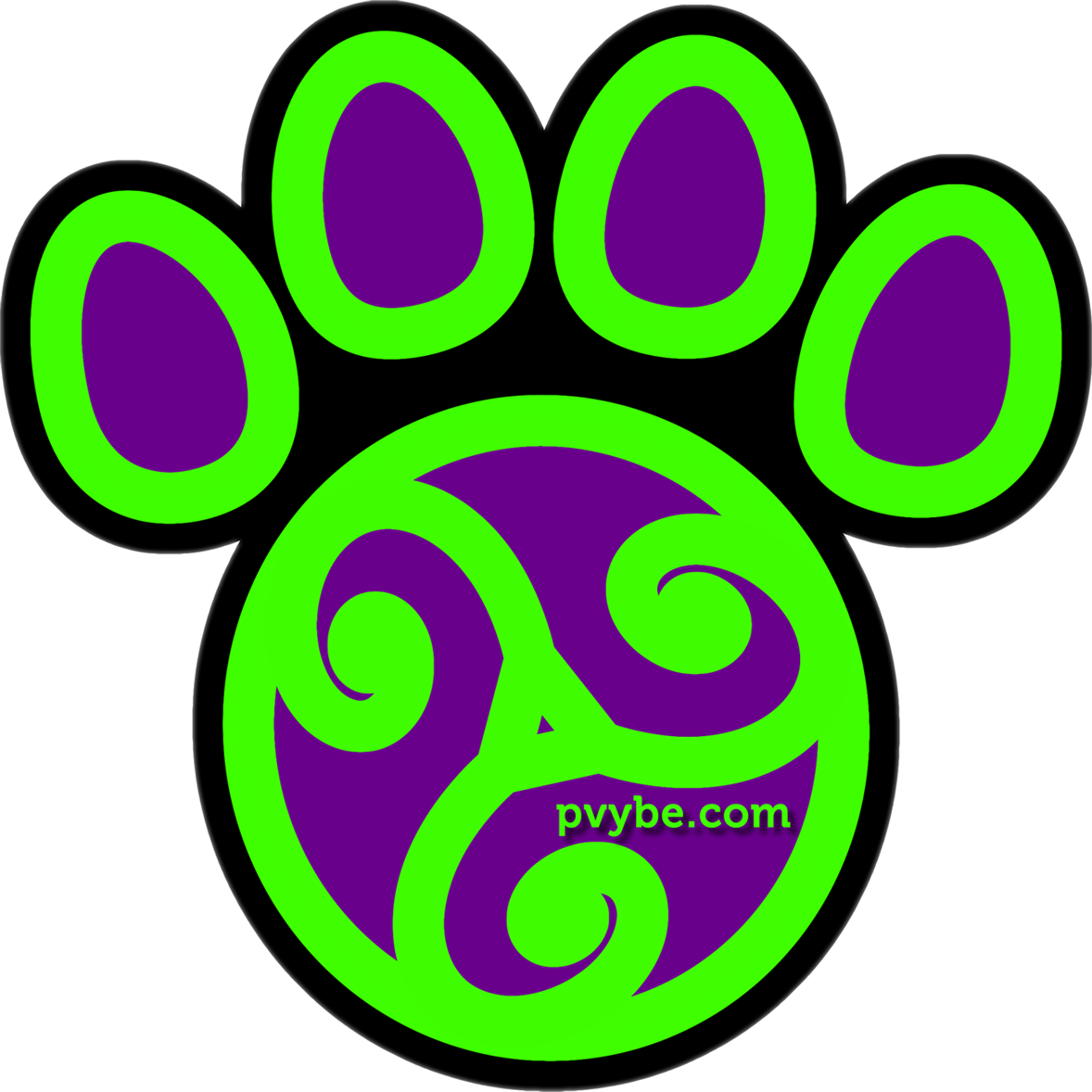In the context of Play+, initiative encapsulates the process of leading the dynamic interaction during play. Whether it's the Dog or the Handler, the one with the initiative actively guides the direction of the experience

In neuroscience, the SEEKING system is one of the primary emotional systems identified by the affective neuroscience theory. It is a fundamental component of the brain’s reward circuitry, and it's responsible for motivating exploratory behavior, curiosity, and anticipation in response to stimuli.

Expectancy in the Play+ context is a multi-faceted concept that embodies a dog's anticipation or prediction of future events or outcomes within a play session.

Affective Attunement in the context of Play+ refers to the handler's capacity to resonate with, mirror, and respond appropriately to the emotional states and needs of their dog during play. It's an empathetic connection that allows the handler to intuitively understand the dog's emotions and intentions, fostering a cooperative and mutually enjoyable interaction.

An expectant marker in Play+ is a signal, either a cue or a positive marker, used by the handler during training to create a sense of expectancy or anticipation in the dog. It indicates to the dog that a desired behavior has been correctly performed and that the next opportunity for play or reward is imminent.

The Physical Pole is a concept drawn from Alfred North Whitehead's philosophy and adapted in the Play+ training philosophy. It represents the moment of actual engagement where the behavior begins, initiated by a cue. The cue is prehended, or grasped, by the dog, marking the starting point of the actual occasion or the specific behavior.

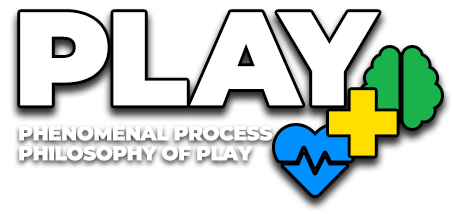
Navigate Play+ dog training with precision, leveraging this carefully curated vocabulary. Improve communication, efficiency, and the overall quality of your training sessions.
Terms and Words of Play+
Explore the nuanced language of Play+ dog training. These terms enrich our understanding and enhance communication between handlers and dogs, contributing to more efficient and harmonious training sessions. Dive in and expand your canine training vocabulary.
Disc Dog & Dog Training Glossary
a
b
c
d
f
p
r
s
t

Explore the nuanced language of Play+ dog training. These terms enrich our understanding and enhance communication between handlers and dogs, contributing to more efficient and harmonious training sessions. Dive in and expand your canine training vocabulary.
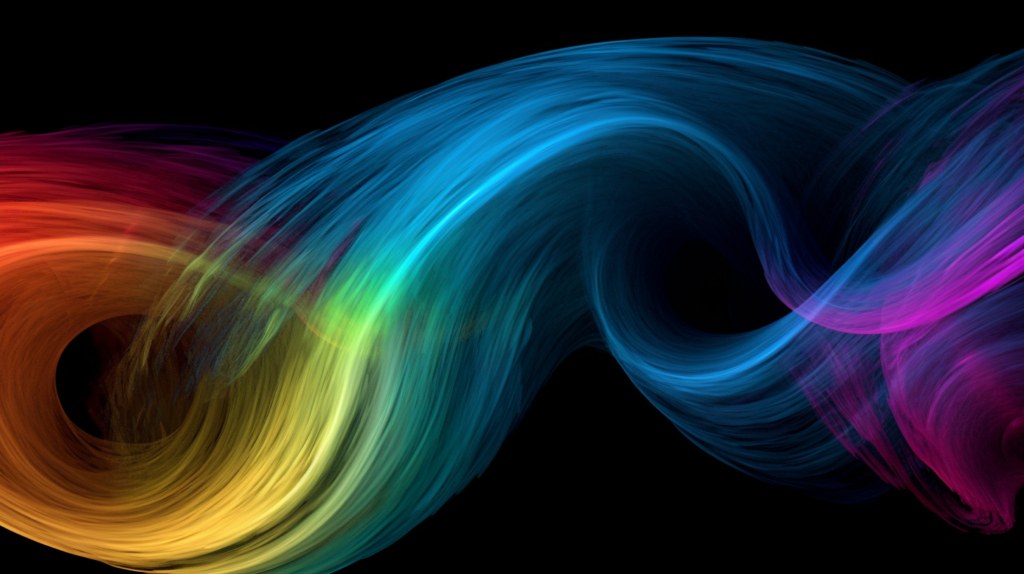
Rhythm Contours in Play+ are the dynamic alterations in the tempo, intensity, and complexity of the training game that serve to keep engagement fresh, maintain novelty, and regulate the Subjective Tone of the session.
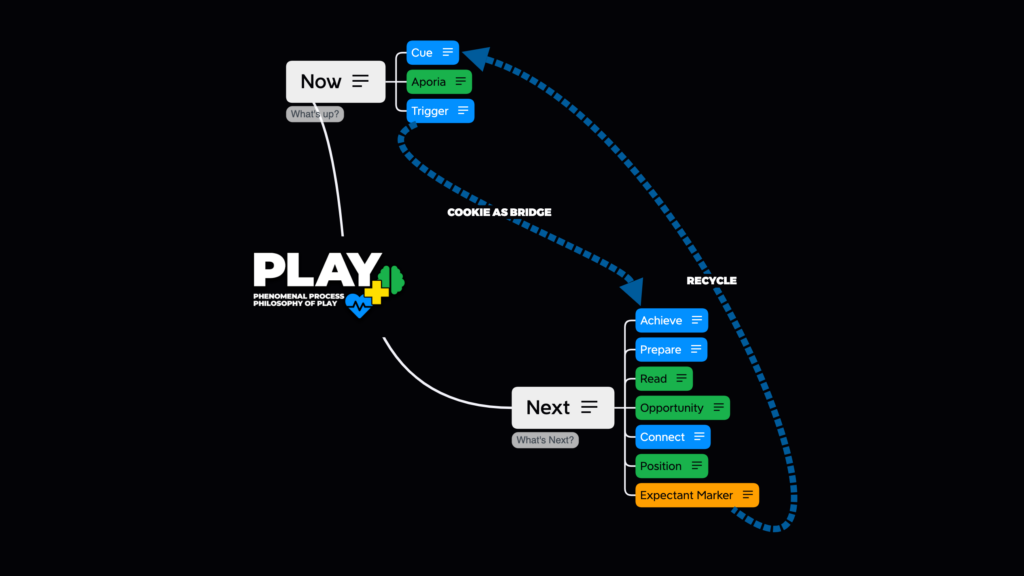
The Now Phase is an integral part of the Play Cycle in the Play+ training philosophy. It embodies the current, immediate interaction between the handler and the dog, anchoring them in the present moment of the training process. The Now Phase consists of three essential components:

The Now Next Cycle of Play:. A rhythmic sequence of engagement and reflection, optimizing teamwork and performance in the dynamic world of dog training.

An expectant marker in Play+ is a signal, either a cue or a positive marker, used by the handler during training to create a sense of expectancy or anticipation in the dog. It indicates to the dog that a desired behavior has been correctly performed and that the next opportunity for play or reward

In the Play+ philosophy, "Prep" or Prepare is the 2nd stage of "Next" in a Cycle of Play. It's the moment where the handler readies themselves to become an opportunity for the dog. This preparation stage serves as a critical bridge between the dog's current action and the next cue, ensuring a seamless
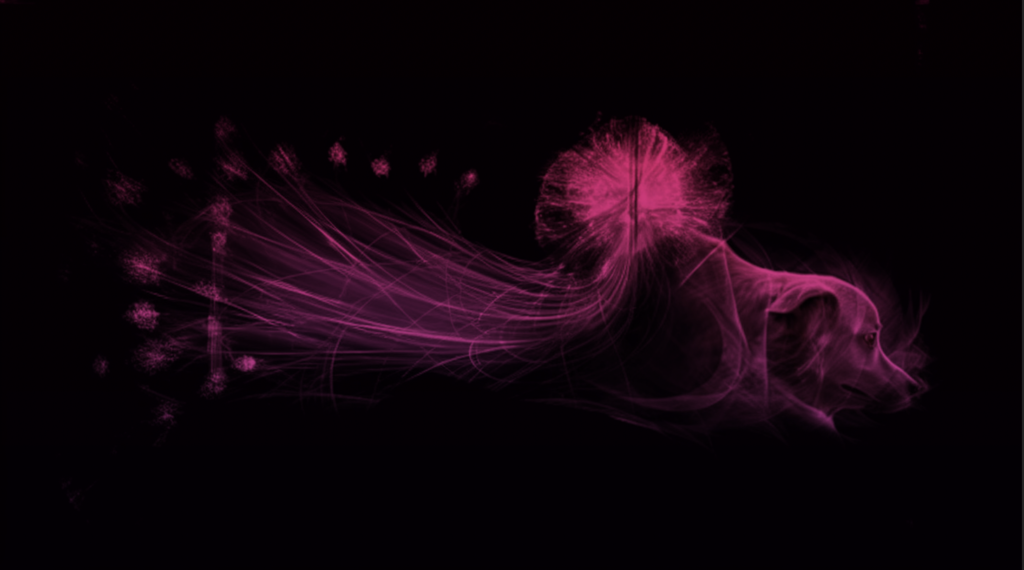
Subjective Tone, in the context of the Play+ training methodology, represents the dog's internal emotional and mental state in response to a prehended cue or situation. It is the 'feel' of the moment as perceived and experienced by the dog, which can range from excitement and anticipation to fear or confusion.

In the context of Play+, initiative encapsulates the process of leading the dynamic interaction during play. Whether it's the Dog or the Handler, the one with the initiative actively guides the direction of the experience

Affective Attunement in the context of Play+ refers to the handler's capacity to resonate with, mirror, and respond appropriately to the emotional states and needs of their dog during play. It's an empathetic connection that allows the handler to intuitively understand the dog's emotions and intentions, fostering a cooperative and mutually enjoyable interaction.

Eternal Objects,In Play+, this term refers to Actualized Skills or behaviors that have been previously learned and actualized by the dog.
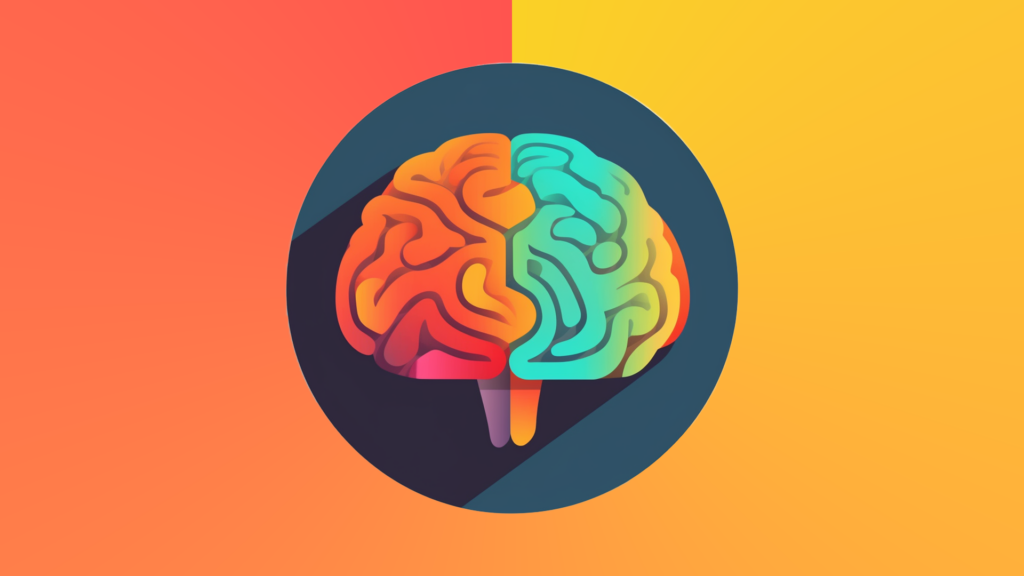
the Mental Pole refers to the cognitive and perceptual elements of the play interaction. It encompasses the dog's understanding and anticipation of cues, their decision-making process, problem-solving skills, and attention focus.

In the context of the Play+ philosophy, the PLAY system refers to one of the primary emotional systems identified by Jaak Panksepp in Affective Neuroscience. This system is responsible for the spontaneous, joyous interactions seen in animals, including humans, and is most evident in youthful activities and games. It's characterized by bursts of energetic

The Physical Pole is a concept drawn from Alfred North Whitehead's philosophy and adapted in the Play+ training philosophy. It represents the moment of actual engagement where the behavior begins, initiated by a cue. The cue is prehended, or grasped, by the dog, marking the starting point of the actual occasion or the specific
